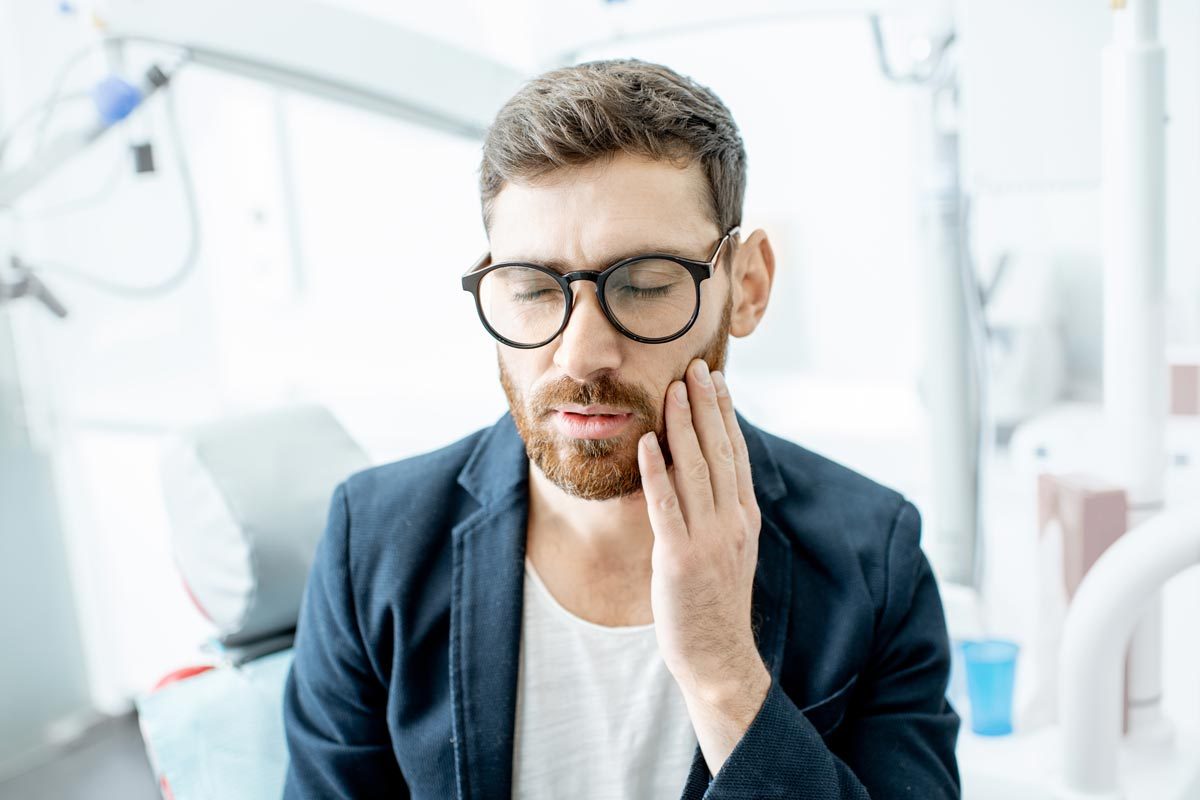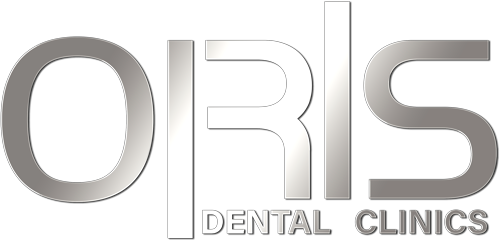Your general dentist performs routine examinations, restorations, and easy cosmetic treatments to help maintain the health of your mouth. In addition, they are always busy fitting dentures, installing crowns, and determining your risk for gum disease and tooth decay. They may thus suggest an oral and maxillofacial surgeon to you if a situation involving your oral health develops that calls for more involved operations. Learn more about oral and maxillofacial surgeons and the operations they carry out.
Teeth & Bone Loss
When a person is missing teeth, an oral surgeon can put dental implants in the jawbone to act as permanent tooth roots. After the oral and maxillofacial surgeon places the titanium implants into the bone, the patient has to heal, which can take a few weeks. After that, the titanium implant is fused to the bone, and the patient returns to the oral surgeon to get the crown, the top of the fake tooth. Sometimes, the oral surgeon needs to do a bone graft before putting in the implant. The surgeon will do a bone graft when there isn’t enough bone to hold the titanium post that makes up the implant securely. If you have questions about dental implants in Richmond Hill, Ontario, don’t hesitate to contact our oral surgeon.
Impacted Wisdom Teeth
Wisdom teeth (third molars) often don’t come in the right and get stuck in the gums or bone. Our oral surgeon in Richmond Hill, Ontario, can remove impacted wisdom teeth to stop the pain and lower the chance that the patient will get an infection that could be dangerous.

Sleep Apnea
When someone has sleep apnea, they stop breathing while sleeping many times. Sleep apnea is often because of a jaw that isn’t in the right place or of too much soft tissue near the airway’s opening. Oral surgeons can treat sleep apnea with a number of different types of surgery. If you need surgery, the oral surgeon will work closely with the patient’s sleep specialists to figure out which surgery would be best.
Facial Trauma/Injury
When someone gets hurt in the face and breaks or dislocates their jaw, an oral surgeon should see them right away so the jaw can be set back in place. Oral surgeons also usually take care of and treat people who have cut their faces or mouths.
Jaw Birth Defects
If the upper and lower jaws don’t grow at the same rate, it could affect how they look and how they work. Congenital disabilities can also cause things to go wrong with the jaw. In these situations, orthognathic surgery can help to align the jaw better.
TMJ Disorders
If a problem with the jaw’s structure is causing a temporomandibular joint (TMJ) disorder, an oral surgeon may be able to fix the problem surgically and help the patient feel better.
When Should You Go to an Oral and Maxillofacial Surgeon?
If you have a severe injury to your face, need a tooth pulled, have a disease that affects your face, need extensive jaw alignment before getting orthodontic treatment, or have a number of other problems with your mouth, throat, head, face, or neck, you should likely see an oral and maxillofacial surgeon. In addition, if you need a second opinion about recommended oral surgery or need a less invasive surgery (like removing a wisdom tooth or getting a dental implant), you can call ORIS Dental Clinics and set up an appointment with one of our skilled dentists. At ORIS Dental Clinics, we work with local dental offices to help, guide and treat patients so that they have the best experience possible.



